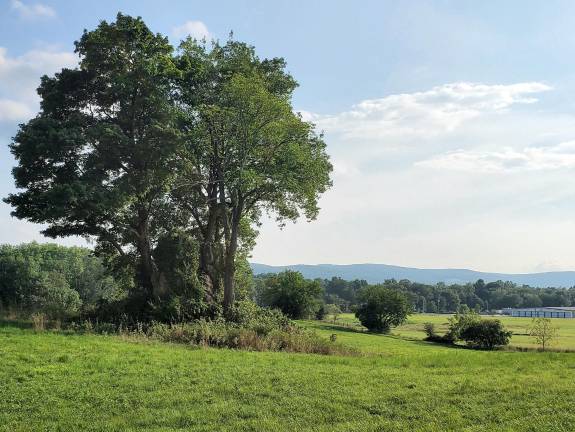'Pulpit Rock is not just any piece of land; it is symbolic of the uniqueness of Warwick'

I have recently learned that there is proposal to build a motel and cottages on the Pulpit Rock property just outside the village on West Street.
While no one disagrees that Warwick needs more accommodations for guests, Pulpit Rock is arguably a very inappropriate location.
A cherished monolith for centuries, Pulpit Rock is purported to have been a hunting ground for Native Americans, a pulpit for fervent religious preaching and, from the time of the railroads, a magnet for tourists to the valley.
As a green gateway to the village, it welcomes visitors, some who remain here because of such a marvel.
Growing up in Warwick, this property always appeared as a sacred space, and so many residents recognize the special aspect of such a large outstanding group of ancient stones. Because of this, I have always thought that the Pulpit Rock property would be well served as a Heritage Park for the village.
Every great village is known for its great park spaces, and Pulpit Rock offers many advantageous features, serving better the community than a private motel. With easy access to the Wawayanda Creek, the property could serve as a boating launch for the recently cleaned waterway, a field with an iconic stone for festive gatherings and events, and a continuation of open, green spaces ringing the village.
Every new homeowner pays an added tax when moving to Warwick with the expressed purpose of purchasing vital open space for the community. Although often set aside for farmland, the Pulpit Rock property could be a smart, community-value-add use of PDR money.
Pulpit Rock is not just any piece of land; it is symbolic of the uniqueness of Warwick, its history and natural beauty. Preserving this icon is essential to maintaining the aspects of Warwick that make this a place people want to live, work and play in.
Timothy Hull
Warwick